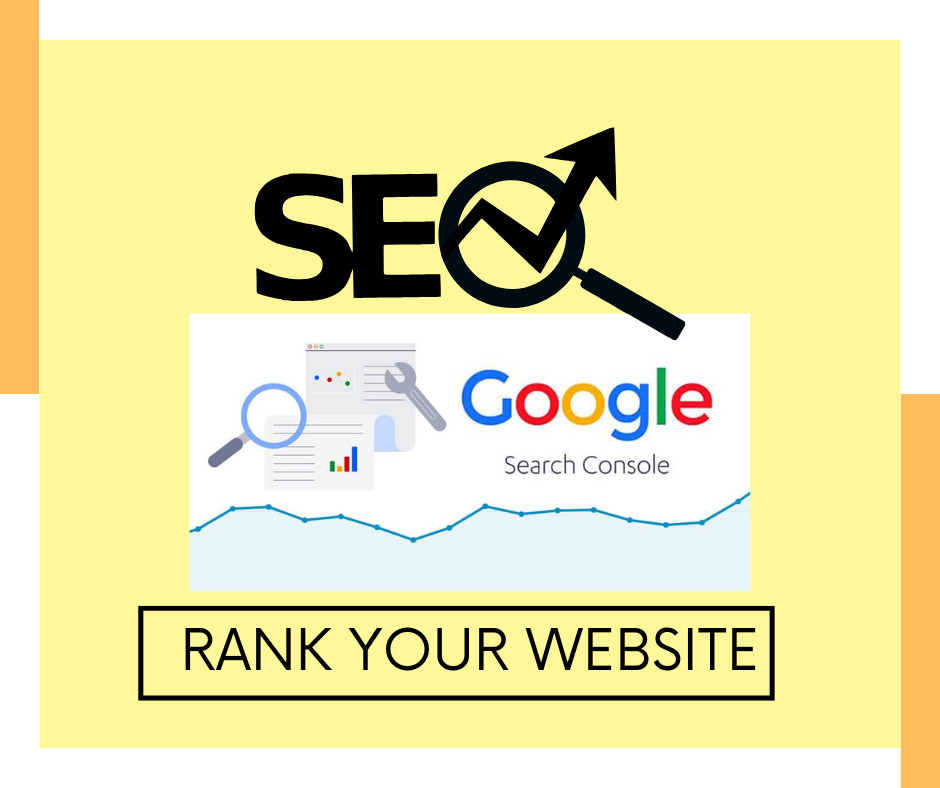SEO for Beginners – The majority of online experiences begin with a search engine, and statistics show that over 90% of online experiences start there. This highlights SEO’s vital role in boosting visibility. Without SEO, businesses risk being lost in the vast digital marketplace.
SEO, or Search Engine Optimization, is the practice of enhancing a website to rank higher in search engine results. The benefits are clear: increased traffic, better brand awareness, and stronger credibility in your market. This guide will help you understand SEO fundamentals, techniques to enhance your site, and strategies to measure your success. SEO for Beginners guide 2025
Understanding the Basics of SEO
Keywords: The Foundation of SEO
Keywords are the phrases users type into search engines. They are crucial because they connect users to content. Effective keyword research helps identify what potential customers are searching for.
To find the right keywords, tools such as Ahrefs, SEMrush, and Google Keyword Planner can be invaluable.
- Long-tail keywords are usually three or more words long, e.g., “best running shoes for women.”
- Short-tail keywords are typically one or two words, e.g., “running shoes.”
Long-tail keywords can drive more targeted traffic and often have less competition.
Search Engine Algorithms: How Google Works
Search engines like Google work by crawling websites, indexing content, and then ranking it based on relevance. Google holds over 90% of the global search engine market share. Understanding algorithm updates is essential; they can significantly impact your visibility. Learn SEO Course
On-Page vs. Off-Page SEO: A Clear Distinction
On-page SEO refers to elements on your website like content, keywords, and meta tags. Off-page SEO, on the other hand, focuses on external signals like backlinks and social media visibility. Technical SEO encompasses the underlying structure and performance of your site to ensure it is search engine friendly.
On-Page SEO Optimization Techniques
Optimizing Content for Search Engines and Users
High-quality, relevant content is crucial. Content length can impact rankings; generally, longer articles often rank better. Keywords should be naturally integrated into your content for optimal results. SEO for Beginners
Title Tags and Meta Descriptions: Crafting Compelling Snippets
Title tags and meta descriptions are what users see in search engine results. Best practices include:
- Keep title tags under 60 characters.
- Keep meta descriptions under 160 characters.
An example of a good title tag: “Top 10 Running Shoes for Comfort and Performance.” A poor example may be vague, like “Shoes.”
Header Tags (H1-H6): Structuring Content for Readability and SEO
Header tags help organize your content. Use H1 for your title and H2-H6 for subheadings. This structure makes it easier for users and search engines to understand your content.
For instance:
- H1: Best Running Shoes
- H2: Types of Running Shoes
- H3: Road Running Shoes
Off-Page SEO Strategies for Building Authority
Link Building: Earning High-Quality Backlinks
Backlinks are vital for SEO. They signal trust and authority. Types of backlinks include guest posting and broken link building. Seek links from authoritative websites like educational institutions or reputable blogs.
Social Media Marketing and SEO: A Synergistic Approach
Social media can enhance brand awareness and drive traffic. While social signals don’t directly impact rankings, they can lead to more shares and links. Successful social media strategies may include engaging content, regular posts, and interaction with followers. SEO Video
Local SEO for Brick-and-Mortar Businesses
Local SEO is crucial for businesses with physical locations. Optimizing your Google My Business listing is essential. Here’s how:
- Claim your listing.
- Keep information up to date.
- Encourage customer reviews.
This strategy can help attract local customers effectively.
Technical SEO: Ensuring Your Website is Search Engine Friendly
Website Speed and Performance Optimization
Website speed affects user experience and SEO rankings. Use tools like Google PageSpeed Insights to measure speed. Tips to improve loading time include:
- Compress images.
- Minimize HTTP requests.
- Enable browser caching.
Mobile-Friendliness: Optimizing for Mobile Devices
With most searches happening on mobile, it’s crucial to be mobile-friendly. Use Google’s Mobile-Friendly Test tool to check your website. Responsive web design adjusts to different screen sizes, enhancing user experience.
XML Sitemaps and Robots.txt: Communicating with Search Engines
XML sitemaps help search engines index your site efficiently. To create one, use tools like Yoast SEO. The robots.txt file directs search engines on which pages to crawl or ignore. SEO for Beginners
Measuring and Analyzing SEO Results
Google Analytics: Tracking Website Traffic and Performance
Google Analytics is essential for monitoring website performance. Key metrics to track include:
- Organic Traffic: Visitors coming from search engines.
- Bounce Rate: Percentage of visitors who leave after viewing only one page.
- Conversion Rate: Percentage of users completing a desired action.
Setting up Google Analytics for SEO tracking is straightforward but crucial.
Google Search Console: Monitoring Website Health and Indexing
Google Search Console offers insights into your website’s health. It helps identify crawl errors, monitor site speed, and check mobile usability. Submitting your XML sitemap is an essential step in ensuring proper indexing.
Keyword Ranking Tracking: Monitoring Your Progress
It’s vital to track your keyword rankings to measure progress. Tools like SEMrush and Ahrefs make this task easier. Analyzing changes over time can inform future SEO strategies.
Conclusion
SEO is essential for online success. Focus on quality content, strong keywords, and effective technical practices. Implementing these strategies can significantly boost your online visibility.
Explore further resources and practices to keep learning. For personalized assistance or more information, don’t hesitate to get in touch. Your SEO journey starts now!



